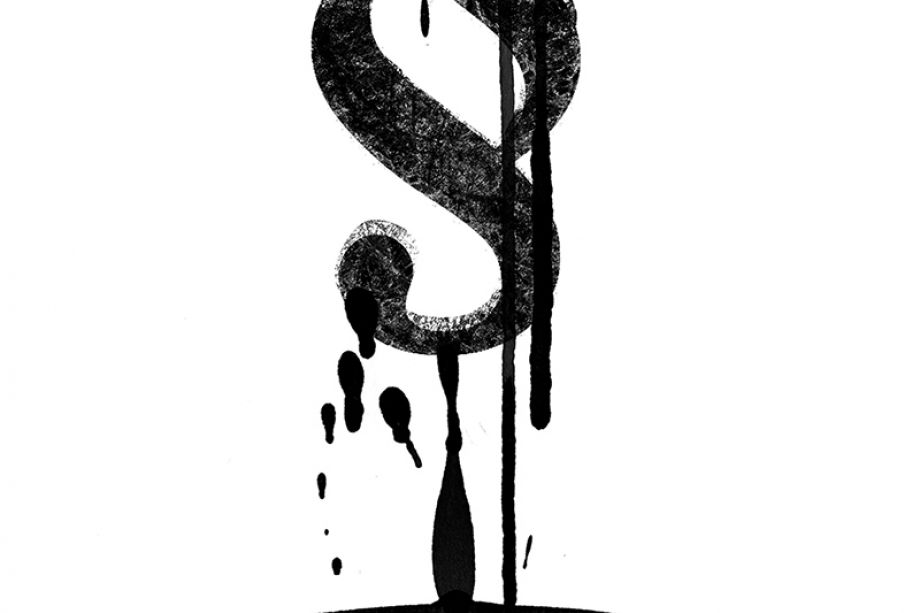
Why does Nationalism Seem to Exclude a Free Debate?
Nine years ago, in October 2007, Pen International presented a report called “Insult and Defamation” that deals with how people in power use laws about insult and defamation to restrict the freedom of speech in a country. In the report Rumania was mentioned as an example to follow since the country had then recently deleted any such treacherous phrasings in their laws. However, only six years later, something which both PEN and the publication Index on Censorship noted and gave warning about, Rumania suddenly over a night reinstated the laws about insult and defamation and this time in an even stricter version.
Since then there is a similar trend in ever more countries and regions. Strangely enough this development goes hand in hand with the growth of strong nationalist parties. One clear and frightening example is the reintroduction in 2005 of Article 301 in Turkey’s system of law, which makes it a criminal offence to “insult the Turkish nation.” This means that all critique of the state of Turkey and its leaders’ actions is possible to incriminate—something that we have seen often lately. Ten to twelve years ago it was easy to think of these laws as a remnant of a pre-democratic era due to their relationship to the archaic case of lese-majesty, and that they were doomed to wither away. Instead these kinds of laws have now returned and have become a growing threat to the freedom of speech in many parts of the world.
One clear example is the charge against the Polish-American historian Jan Gross last year who was accused of the offense stipulated in the Polish law that “each person who publically insults the Polish nation can be sentenced to three years imprisonment.” Gross’ case is interesting: the ‘insult’ he was accused of is a claim concerning the amount of Jews killed by the Poles during WW2 and this is of course a contested historical claim that could be both true and false. Scientific practice demands that such claims be openly discussed until there are facts to relate to (or consensus). But, instead of a debate about the evidence supporting this claim the regional prosecutor chose to charge Gross for the crime of “insulting the nation” (www.theguardian.com).
Something similar happened when the German satirist Jan Böhmermann in a direct broadcast read a satirical poem about Turkey’s President Erdogan. He was convicted with reference to the paragraph in the German law that has made it illegal to “insult any foreign head of state”—a paragraph of law that has existed in many countries, for example in Sweden, but that has been scrapped as an archaic remnant from pre-modern times. Once again, the content of Böhmermann’s poem can of course be widely debated, but to criminalise defamation of the head of a state is to resurrect a way of thinking that belongs to a time before the implementation of the freedom of speech for all. Even more disturbing is the fact this is part of a trend.
More and more countries are re-introducing or sharpening such laws. Hungary is one such example: their law Article 334 makes it a crime to defame “the national anthem, the flag or the coat of arms of the Republic of Hungary or the Holy Crown.” This law was recently sharpened with the addition: “or insult them in any other way” —in other words, this has truly become a rubber-band law.
One of the greatest threats to our democracy today is the way in which terrorists and extremists direct threats against those who utter things of which they do not approve. Parallel to this is a similar threat developing within the parliamentary systems in several countries. These combined restrictions of the right to free speech are often motivated by the fight against terrorism—as in Turkey.
Why then is the growth of nationalist parties so closely connected to restrictions of the freedom of speech? Why is the nationalist ideology impossible to reconcile with a free and open debate about the state of the nation and the history of the country?
PEN/Opp has asked several writers to describe these current developments with the hope of starting a vital discussion about the fate of the right to free speech in places where nationalism is gaining ground. There is no inherent truth in the notion that strong patriotic feelings for one’s country cannot be combined with an open discussion climate—or is there?

